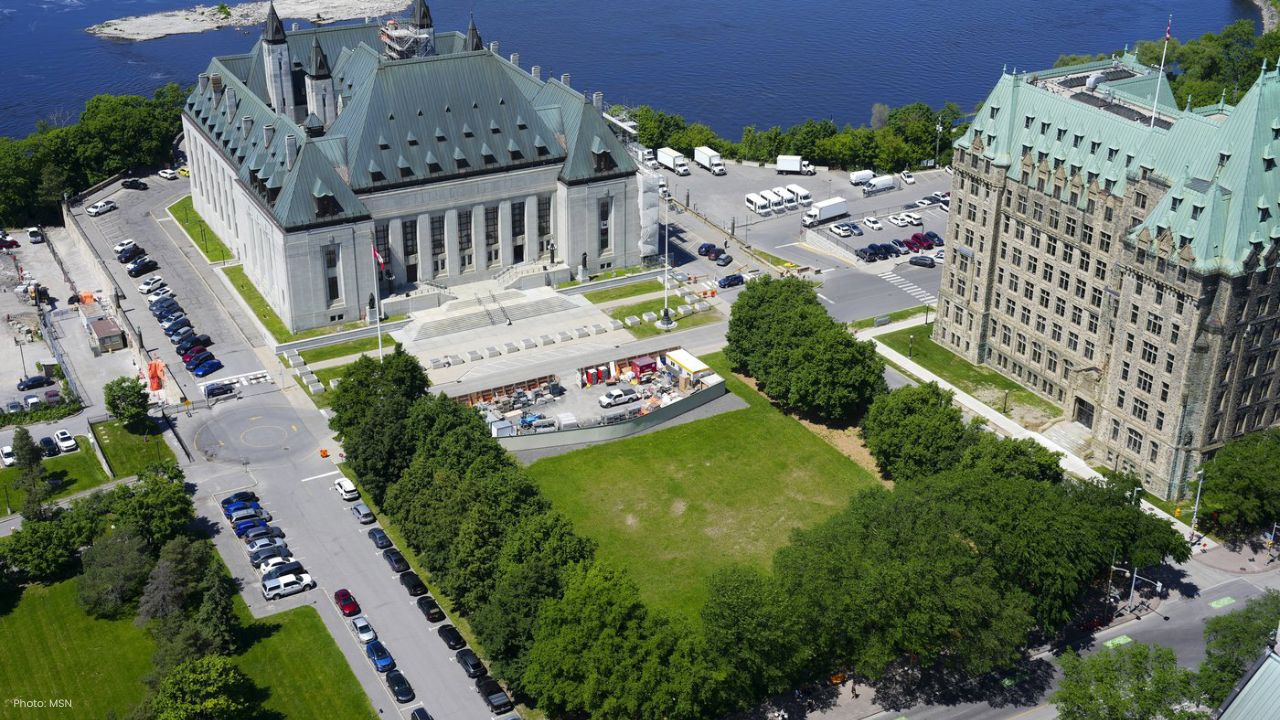
A Nutritionist’s Warm Guide to When to Enjoy Flaxs
Nutritionist Deepsikha Jain recommends 1–2 tablespoons of flaxseeds—morning, before meals or as a sn

The Supreme Court of Canada is preparing to hear arguments that could reshape the debate over the use of the notwithstanding clause, as the federal government challenges Quebec’s Bill 21, banning some public servants from wearing religious symbols.
Last month, Justice Minister Sean Fraser confirmed Ottawa’s submission in the case of English Montreal School Board v. Attorney General of Quebec, stressing the federal government does not want to “rewrite the Constitution” but rather allow the court to clarify it.
At the centre of the dispute is whether legislatures can use the notwithstanding clause — Section 33 of the Charter of Rights and Freedoms — without limits, or if courts can still play a role in checking its use. Quebec invoked the clause to shield Bill 21 from Charter challenges, and Alberta has signalled plans to use it again this fall.
Federal government’s position
The federal factum puts forward two key arguments. First, it says the clause cannot be used in ways that cause “irreparable impairment” of rights. Since the clause must be renewed every five years, Ottawa argues its application cannot amount to a permanent amendment of the Constitution. Federal lawyers posed hypotheticals, such as repeated renewal of laws permitting slavery or arbitrary executions, to illustrate the risk.
Second, Ottawa argues that courts should still be able to review laws passed under Section 33 and declare whether they violate Charter rights, even if the laws remain in force. Such declarations, the government says, would serve the public interest by informing voters and guiding legislators.
Divided provincial response
Provinces are split on this approach. Manitoba and British Columbia, both NDP-led governments, expressed partial support, saying judicial commentary can enhance democratic accountability. Quebec, Ontario, Saskatchewan, and Alberta — all conservative-led governments — strongly opposed the idea, warning it would undermine legislative authority and politicize the judiciary.
Bloc Québécois MPs accused Fraser of trying to undermine Quebec’s autonomy, while Conservatives charged the Liberals with stoking a unity crisis to distract from economic issues.
Growing political debate
The federal government’s move follows long-standing promises by both Prime Minister Justin Trudeau in 2022 and his successor, Mark Carney, in January 2025, to intervene if Bill 21 reached the Supreme Court.
The case also comes as the Senate studies Bill S-218, introduced by Sen. Peter Harder. The bill would restrict federal use of the notwithstanding clause, banning pre-emptive application, requiring full parliamentary debate, and demanding a supermajority vote of 66 percent across at least two recognized parties.
What’s next
The Supreme Court’s eventual ruling could either establish new limits on Section 33 or reaffirm that responsibility rests solely with legislatures and voters. Until then, the debate over whether Canada’s courts or politicians should police the use of the notwithstanding clause is likely to intensify.
The Bill 21 case is expected to be one of the most significant constitutional challenges in decades, with the Supreme Court’s eventual decision likely to shape the future balance of power between legislatures, courts, and the Charter of Rights.